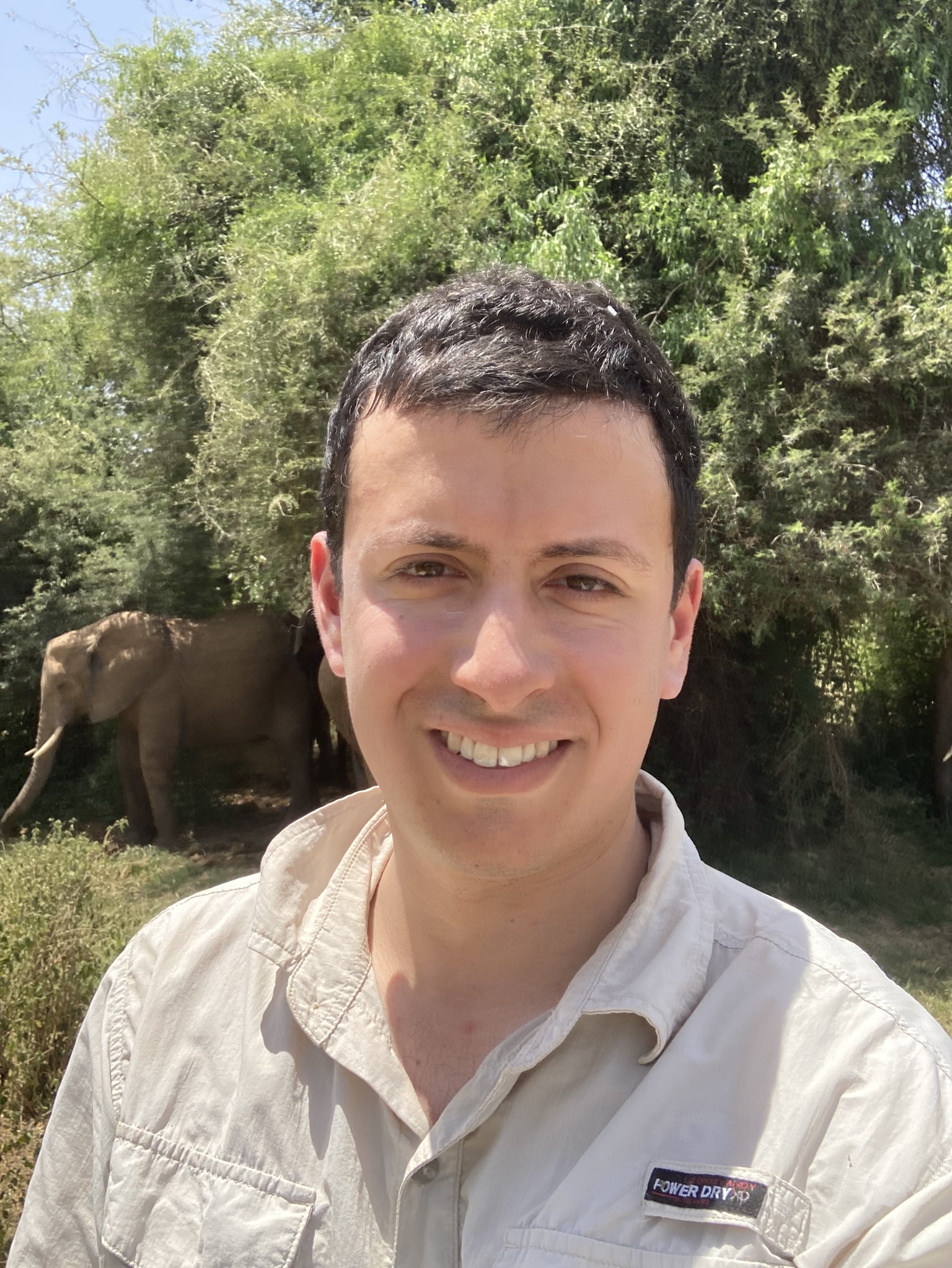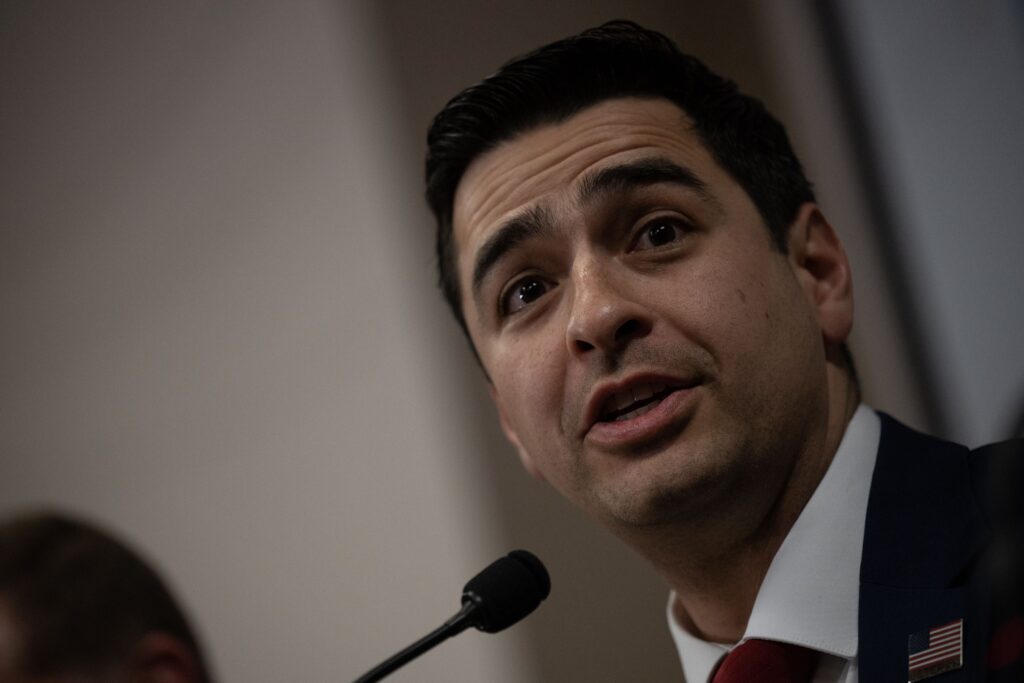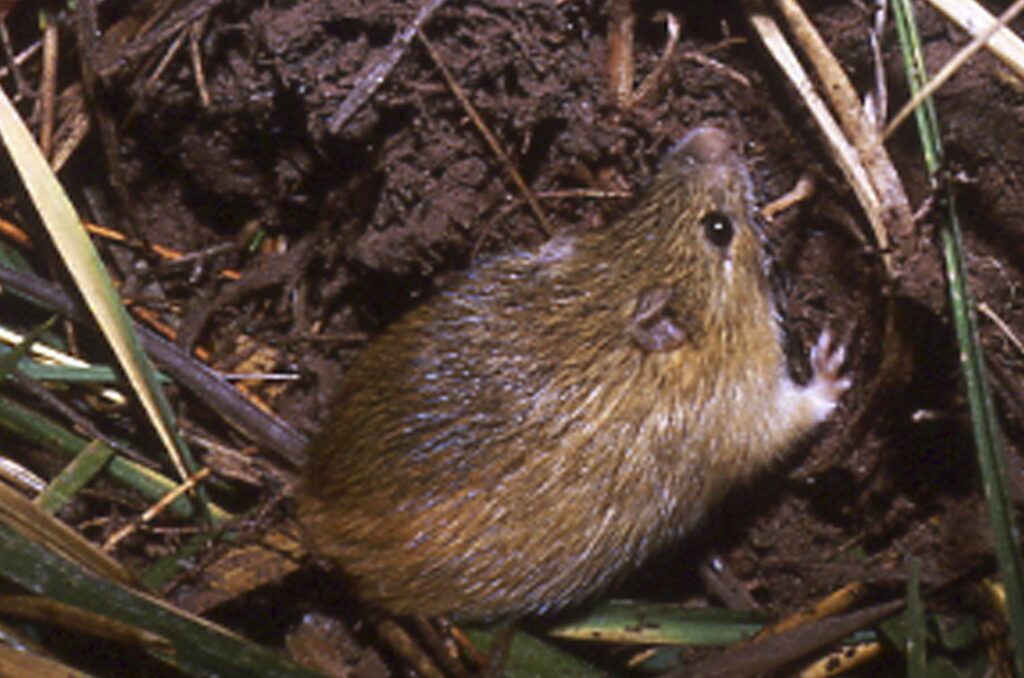Animal-friendly ballot issues based in science | IN RESPONSE


Re: Rachel Gabel’s recent column in The Denver Gazette and Colorado Politics attacking three ballot initiatives that would ban fur sales and slaughterhouses in Denver and ban sport hunting and trapping of mountain lions and bobcats statewide.
As a biologist with a Ph.D. in animal behavior and more than 14 years of experience studying wildlife, I was disappointed to read such a misguided take. Not only are these ballot measures scientifically sound, but they are a logical and progressive step in the right direction if we care about creating a safe, humane and sustainable future.
Gabel’s primary argument against the Denver fur and slaughterhouse bans is they would interfere with tradition. Though tradition no doubt has value, it cannot justify the very real harm caused by the fur and slaughter industries. Animals raised for fur spend their entire lives in tiny cages, and are gassed to death, anally electrocuted, or even skinned alive to avoid damaging their fur. This includes millions of domestic dogs and cats, whose fur is sold in the United States under deceptive labels. If that were not sufficient reason to ban fur, the World Health Organization has warned fur farms pose a serious public health threat as reservoirs for human diseases. Last year, a study by infectious disease experts recommended fur farming be eliminated “in the interest of pandemic preparedness.”
Stay up to speed: Sign up for daily opinion in your inbox Monday-Friday
Banning slaughterhouses in Denver is likewise a forward-thinking decision, regardless of whether we personally eat meat. Scientists have repeatedly found a societal shift away from animal slaughter toward a more plant-based food system is key to addressing the climate crisis. A 2020 study published in the highly respected journal “Science” concluded “even if fossil fuel emissions were eliminated immediately, emissions from the global food system alone would make it impossible to limit warming to 1.5°C… Thus, major changes in how food is produced are needed.”
Slaughterhouses also have a grave human cost. Slaughterhouse workers suffer high rates of physical injuries and psychological trauma, and studies have linked slaughterhouse work to an increase in violent crime. Denver’s only slaughterhouse dumps waste into the South Platte River in violation of the Clean Water Act, further damaging the Globeville neighborhood already among the most polluted in the U.S.
Finally, as a wildlife ecologist, I strongly support the proposed ban on hunting wild cats. Research has demonstrated the methods used to hunt these animals, such as pursuing them with hounds or capturing them in traps, cause elevated stress and often injury. Hunting females inevitably leads to orphaned kittens, who rarely survive. Though mountain lion hunting is often justified as a means of reducing conflict with humans, this is not scientifically supported. In fact, multiple studies have indicated hunting may exacerbate conflict by increasing the proportion of conflict-prone young animals in the population. A 2020 study found California, where mountain lion hunting has been illegal since 1972, saw fewer problematic encounters with humans and less livestock depredation than states where mountain lion hunting is legal, despite having a similar density of mountain lions. The researchers recommended “that state agencies re-assess the use of sport hunting as a management tool for pumas.”
Moreover, while science can tell us how to achieve wildlife management goals, it can’t dictate what those goals should be. That is determined by societal values, and all voters, not just the 6.4% of Coloradans who hunt, deserve an equal say. It is entirely legitimate for citizens to decide wildlife policy should reflect concern for animal welfare as well as population viability, and ban practices that objectively cause wild animals substantial fear and distress. Rachel Gabel’s derision of this democratic process as “ballot-box biology” condescends to voters and wrongly presumes the interests of trophy hunters, the fur industry and big agribusiness matter more than those of everyone else.
Mickey Pardo is a biologist specializing in animal behavior and applied wildlife ecology. He is a former postdoctoral fellow at Colorado State University, and now works remotely for the Cornell Lab of Ornithology, while continuing to reside in Colorado.











